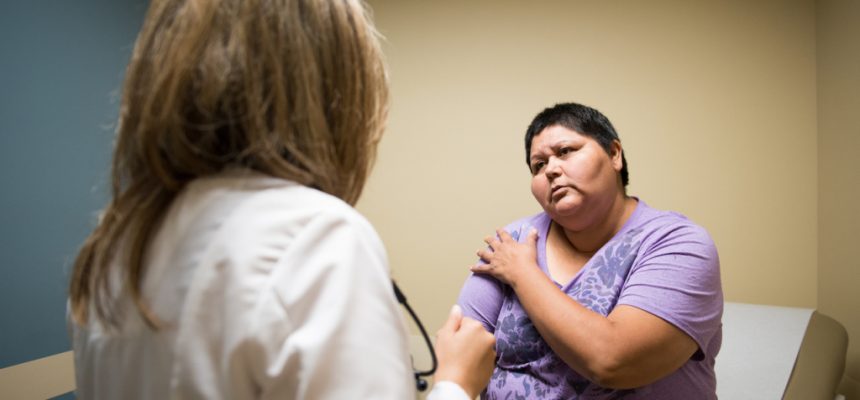New Laws in Colorado Address the Burden of Medical Debt
By Consumers for Quality Care, on April 9, 2024

Although Colorado has become a national leader in advancing policies meant to lessen the burden of medical debt for residents, lawmakers are hoping to do even more, according to The Denver Post.
Last year, Colorado became the first state to prohibit medical debt from being included on consumer credit reports. The law brought instant relief to an estimated 700,000 Colorado residents with medical debt, including Lindsey Vance, 41, of Denver, who has struggled to get out from under medical debt since she was 19 years old and lost her parents’ health-insurance coverage. For years, Vance’s medical debt hurt her credit score, limiting her ability to rent an apartment and own a car.
Another law, passed last year, caps how much interest can be placed on medical debt and gives consumers the right to request documentation from creditors and debt collectors.
Maanasa Kona, Assistant Research Professor at Georgetown University’s Center on Health Insurance Reforms, authored a Commonwealth Fund report that compared medical-debt policies across the country. She said, “Colorado is definitely at the forefront, especially with the recently enacted legislation. It is some of the more ambitious actions we’ve seen states take.”
As Colorado has successfully passed these laws, the push for even more consumer protection continues. Lawmakers are hoping to pass proposals that would require hospitals to screen uninsured consumers to determine whether they are eligible for Medicaid or for financial assistance in the form of charity care.
At the federal level, the Consumer Financial Protection Bureau (CFPB) recently began the rulemaking process to drop medical debt from credit reports for all Americans. In 2022, the three major national reporting agencies agreed not to report medical debts under $500.
CQC applauds these efforts and urges more collaboration from both public and private entities to find ways to address the burden of medical debt on millions of Americans.



